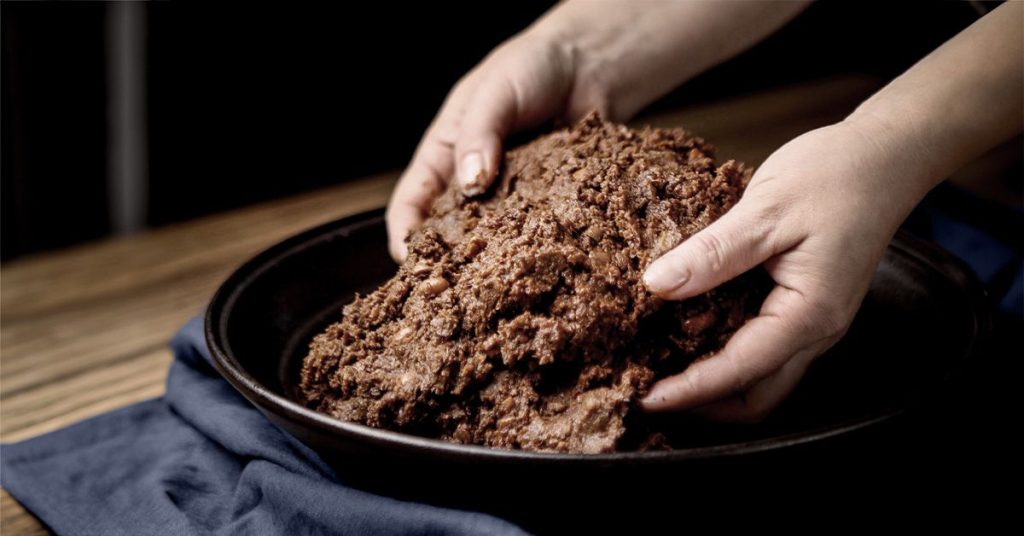A recent study suggests that traditional Korean soybean paste, known as doenjang, can effectively alleviate menopausal symptoms. The study found that among the samples tested, the traditional doenjang with the least beneficial bacteria showed the strongest results in reducing symptoms. Doenjang is one of the oldest fermented foods in Asia, dating back over 2,000 years, and is made from fermented, unpeeled soybeans, resulting in a subtly tangy, umami flavor. This study is part of ongoing research into the impact of fermented foods on the gut microbiome and their potential health benefits.
For the study, researchers tested three types of doenjang: two traditionally produced samples with varying levels of beneficial microbes, and one commercially produced sample with a higher microbial content. The study measured the participants’ menopausal symptoms using the Kupperman index, which tracks symptoms including hot flashes and irritability. All three types of doenjang were found to lower participants’ Kupperman index, but the traditional doenjang with the lowest microbial levels was the most effective at reducing menopausal symptoms.
The traditional and commercial doenjang samples used in the study had fundamental differences that may explain the relative ineffectiveness of the commercial version. Traditional doenjang contains beneficial microorganisms such as Bacillus subtilis, while commercial doenjang is based on Koji and undergoes a briefer maturation period. Research on fermented foods like Korean kimchi and Japanese kombucha is ongoing, and these foods offer potential health benefits as well. While fermented foods are not exclusive to Asian countries, they are commonly found in Western diets in the form of sauerkraut and kefir cheese.
There is currently a growing interest in the health benefits of fermented foods, but more research is needed to fully understand their potential effects on menopausal symptoms and overall health. The study’s findings are intriguing, but there are limitations such as the lack of a control group and the short duration and small sample size of the study. The Hawthorne effect, where participants alter their behavior because they are being observed, may also have influenced the results. Overall, incorporating a variety of fermented foods into a balanced diet may offer comprehensive health benefits by exposing individuals to different probiotic strains and supporting gut health.
In conclusion, while traditional Korean soybean paste, doenjang, has shown promise in alleviating menopausal symptoms, further research is needed to confirm its effectiveness and understand the mechanisms behind its benefits. Incorporating a variety of fermented foods into the diet may help support gut health and overall well-being, but more studies with larger sample sizes and longer durations are needed to draw definitive conclusions. Despite the limitations of the study, the findings contribute to the growing body of research on the potential health benefits of fermented foods and their impact on menopausal symptoms.


